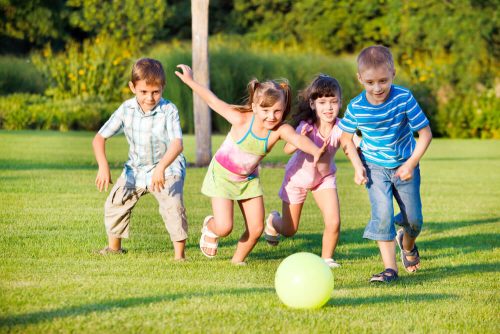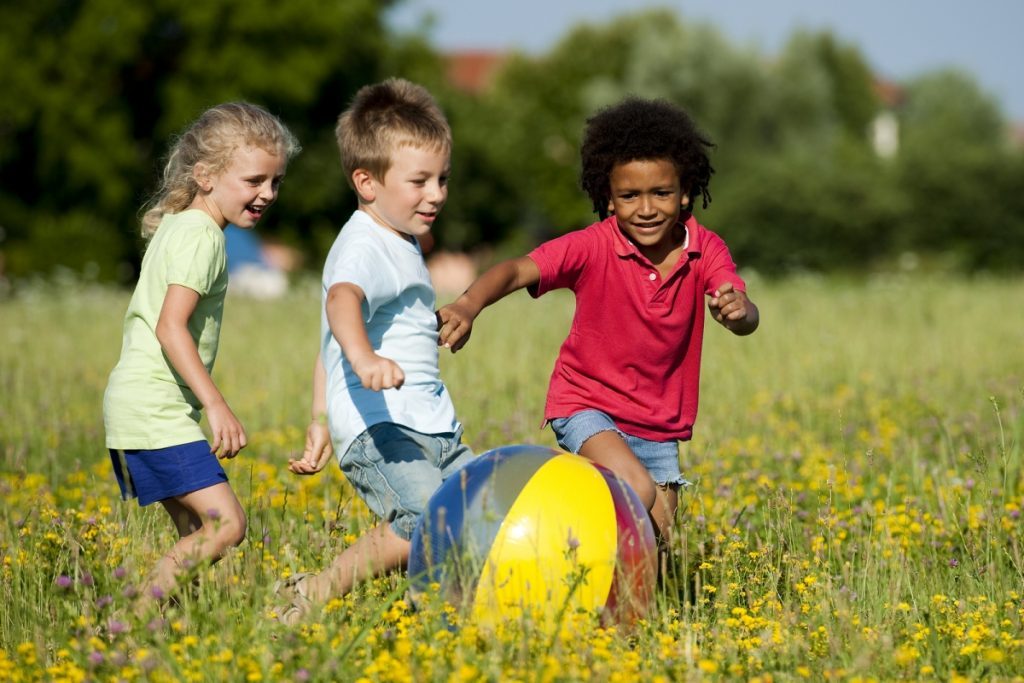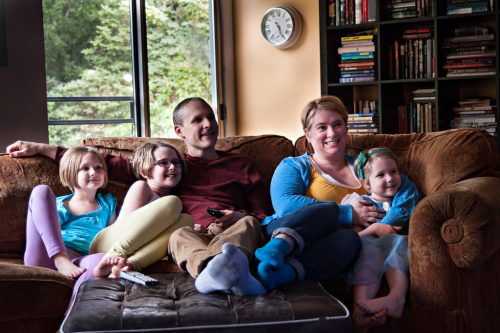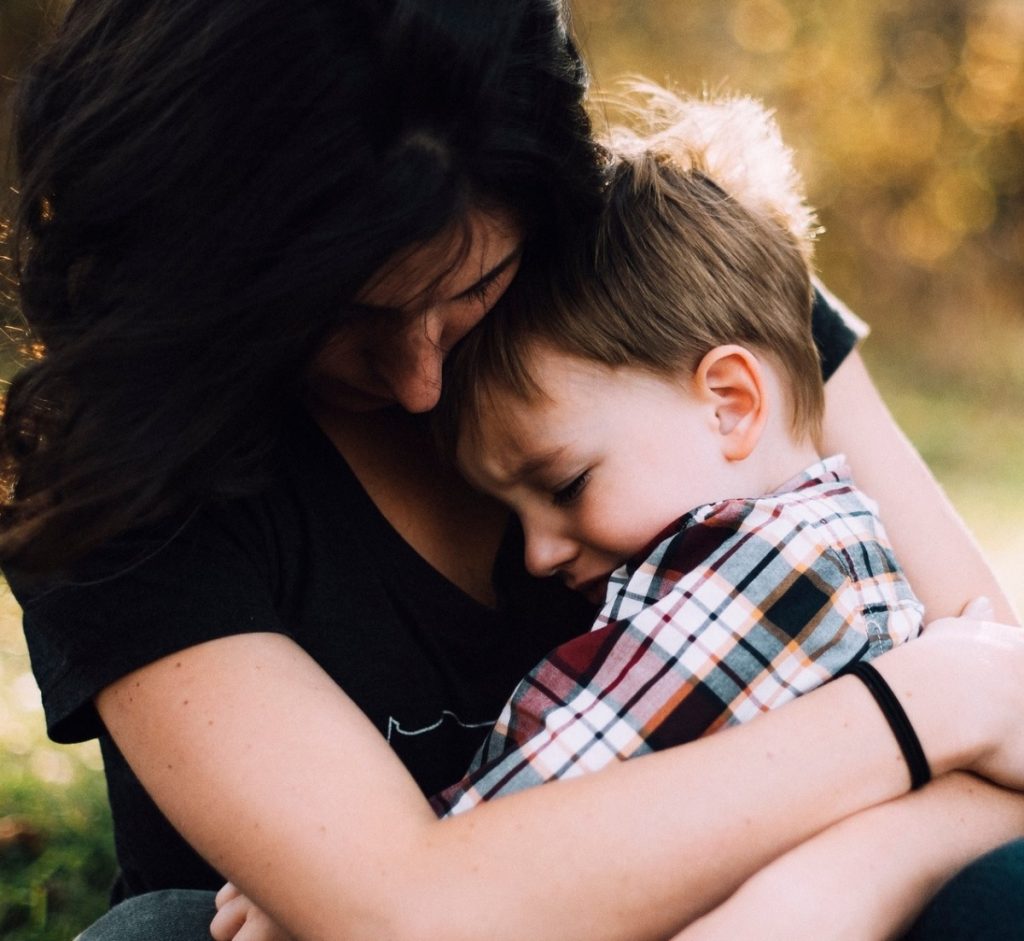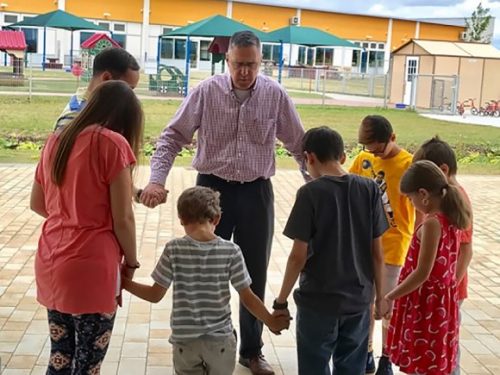The things that children bond over tend to change with time. During pre-school, everything is about toy trucks or doll houses. When they move past the age of nine or ten, that is when they become aware of the opposite sex and gush over crushes and famous celebrities. Once they reach adolescence, you can expect these not-so-little kids to mostly talk about sports, prom, and clubs.
A current trend that worries most adults, though, is the early introduction of some kids to self-harming, addiction, and suicide. Many of them cause damage to themselves because they do not know how to deal with the stress that comes with studying, being a son or daughter, or maintaining friendships. The others try cutting into their flesh merely because their classmates do the same, and it is their way of fitting in.

Source: defense.gov
How can we rely on these children to make the world a greater place when they are already psychologically unstable at a young age?
If you wish to save your kids from this scary progression of events, you should promote mental wellness at home as early as today.
Help kids understand rules or requests that may seem arbitrary to them and, when relevant, show them the impact of their behavior on others. This step will not guarantee immediate compliance with your requests, but it will show your kids that your requests are reasonable and will also model the importance of using good reasons to motivate behavior. — Erica Reischer Ph.D.
Be Open With Your Children
Regardless of how tight your schedule is at work, you should never let a day pass without seeing or speaking to your kids. You want them to know what you are doing with your life, and vice versa. If they have problems, they should be able to run to you for help or advice. Otherwise, they might try to resolve their issues using harmful methods, e.g., drug abuse, sex, etc.
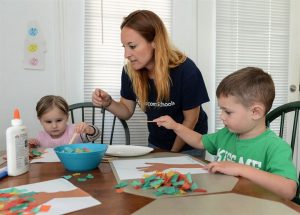
Source: defense.gov
Nurture The Kids
The children who feel neglected by their parents and have had to depend on themselves early want to escape the reality by getting high on illegal substance or self-harming. The ones who receive proper nutrition and support from their family, however, are less likely to have mental instability. They are aware of how great life is and will not want to do something that can ruin that.
When we force kids to eat, bribe them, or create the expectation they must finish everything on their plates for us to feel proud of them, we set them up for struggles later in life. Eating disorders, overeating, and using food as a coping mechanism may develop as ways to self-soothe and cope with stress. — Megan MacCutcheon, LPC
Explain Situations
Some kids cause trouble as well because they have deep questions that the adults refuse to answer. For instance, “Why are mommy and daddy not together?’ “Why does my friend have a new schoolbag, but I have to use a hand-me-down?” Stop assuming that they are too young to understand things like divorce and poverty since children these days are smarter than you think. If only you explain your family’s situation to them, they may know how to act better.
Acknowledge Behavioral Changes
When you notice that your kid’s behavior is taking an ugly turn, you should not take it as a mere phase that all children experience. A cheerful child does not become moody or develop a habit of talking back for no reason. There is typically an incident that caused the change, and you have to acknowledge that before their behavioral transformation worsens.
Creating structure and having predictable responses helps teens learn to self-regulate. It also helps them learn from their mistakes.— Katelyn Alcamo, LCMFT
Go Out As A Family
Finally, make sure to get together as a family at least once a week. You can watch movies on Netflix at home or hang out at amusement parks during the weekends. It matters for children to see that their parents have time to be with them. Should they need emotional support in the future, they won’t have to look elsewhere for people who can offer it.

Source: wikimedia.org
Do not wait for an irreversible incident to occur in your kids’ lives before you invest in their psychological well-being. Promote mental wellness at home now. Good luck!
